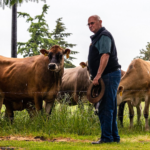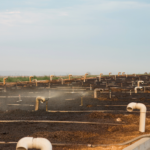When we say the “evergreen” state
– we mean it.
All food production comes with an environmental footprint, and with a growing population, our farmers must increase food production with decreased resources. The good news is milk provides a powerhouse of nutrients that can help meet the nutritional needs of our increasing population.
Our Washington dairy community continues to work hard to develop innovative ways to cut food waste, lower emissions, develop better packaging, and recycle water, all while keeping cow care at the forefront.

From seed to feed to
cheese and back again.
We believe dairy plays an essential role in sustainably nourishing the world. What does “sustainably nourishing” mean exactly?
Simply put – it’s eating, growing, and producing food in a way that nourishes our communities, all while preserving our planet for future generations. Not only that, but foods should be accessible, affordable, and culturally relevant for all communities.
Essentially: Healthy and well-cared-for Washington cows make delicious milk.
Delicious milk helps local artisans and producers create delicious foods. Delicious foods made with Washington dairy can nourish you. Purchasing dairy from Pacific Northwest farms helps support all PNW farms striving to improve their environmental footprint and nourish their communities.
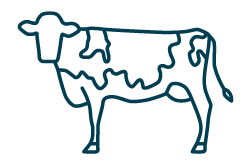
A love for land,
community, and cows.
What does this mean for Washington dairy? It’s about more than just milk. We know that if we take care of our cows and our land, and live and work sustainably – our planet will take care of us.
While reducing emissions to achieve GHG neutrality is no small feat, our dairy farmers are up to the task.
From mixing spent grain from local breweries, leftover or aesthetically unappealing treats and unused ingredients from bakeries into cow feed, to using the power of worms to filter water and nourish the soil, our dairy communities are working together to tackle climate change, food waste, and GHG neutrality.

Our community in action:
Doing it together.
The dairy industry is only responsible for about 1.7% of national GHG, and we have worked hard to significantly lower our footprint and water usage in the past 15 years.
In fact, the entire US dairy industry is working to become GHG-neutral by 2050. By working with small, local businesses, breweries, and farmers from around the country, we are constantly finding new and innovative ways to combat food waste and become better stewards of the land and our communities.
So not only is lowering our footprint important for the dairy industry and the earth’s health, but it also provides many local jobs in our communities. From cow nutritionists and milk tank drivers to cheesemakers and ice cream shops, we’re all working together toward a more sustainable future.
Our plans to achieve this are:
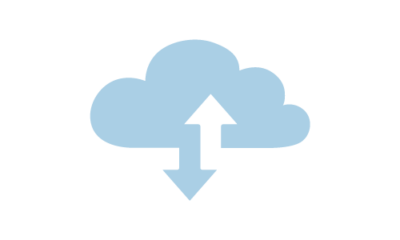
Achieve GHG Neutrality
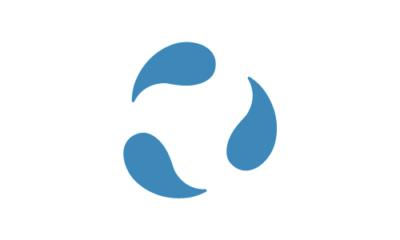
Optimize Water Usage
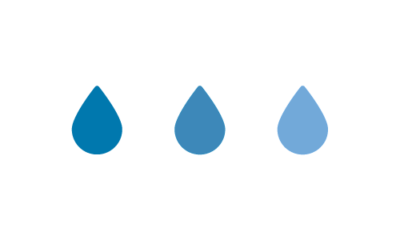
Improve Water Quality
Interested in learning more about local efforts?

